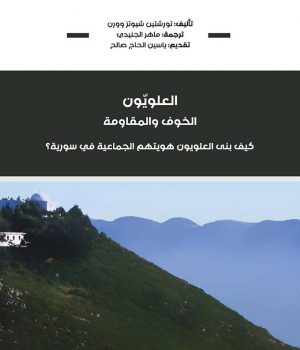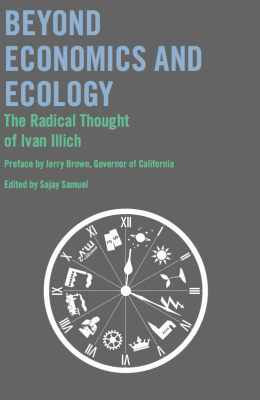Description
This post is also available in:
 العربية (Arabic)
العربية (Arabic)
The Alawi minority of Syria – the sect of president Bashar al-Asad and his father and former president Hafiz al-Asad – figures in the media and academic writings as ‘an extreme Shi’a sect.’ Although there are deep religious cleavages between the Alawis and Syria’s Sunni Muslim majority, this thesis argues that religion is only one aspect of how Alawis construct their collective identity in the Syrian context.
First-time visitors to Syria will experience a tolerant and heterogeneous country where people of different religions live side by side. This is maintained by the Official Discourse of the regime, which forcefully imposes the notion that Syria ‘s heterogeneity is a blessing and that Syrians get along irrespective of religion. Yet, Alawi collective identity is formed in an antagonistic relationship to this Official Discourse, and above all, to the Sunni discursive hegemony. Their identity is constructed in several different dimensions, but what their history, culture, and politics have in common are that they are all constructed in a relational way to the Sunni majority.
Their history is connected to the present by the hatred they believe that the Sunnis nurture for them, meaning that the persecution and massacres of the past are still part of the present day. Culturally, they portray themselves as opposites to the Sunnis and see themselves as more similar to the Christians than to other Muslims. And politically, the fact that so many key figures in the regime are Alawis actually makes the Alawis feel even more threatened because it only gives those who hate them yet another reason to do so. Alawi discourses are therefore centred on fear: a fear of the future based on history and history’s contemporary reincarnation in the form of Islamic extremism.
Using discourse theory and based on fieldwork in coastal Syria , this thesis argues that Alawi identity is constructed in direct opposition to the Sunni majority, where the Sunnis become ‘The Other’ that restricts ‘Us.’ This means that while they define themselves as Muslims, arguably the greatest dilemma in their identity construction, they also define themselves as everything that the Sunnis are not. Yet, having no public arenas for their struggle to challenge the Sunni religious monopoly, their oppositional discourses take the shape of hidden transcripts out of sight from the majority.
This post is also available in:
 العربية (Arabic)
العربية (Arabic)
 English
English 




